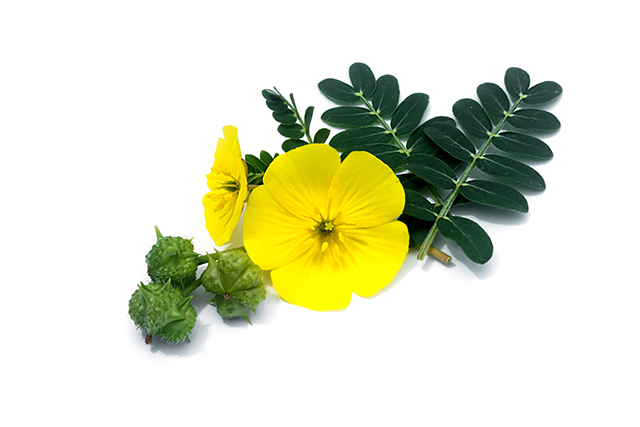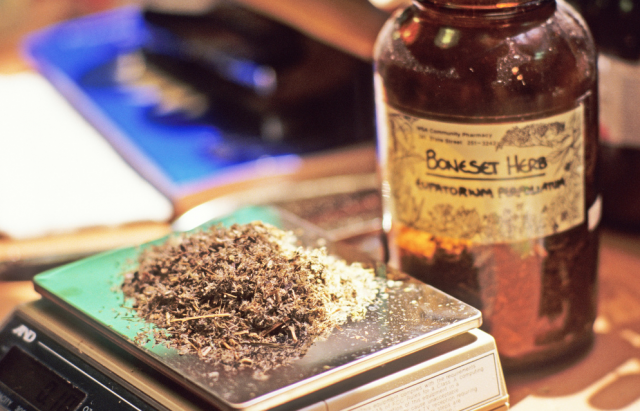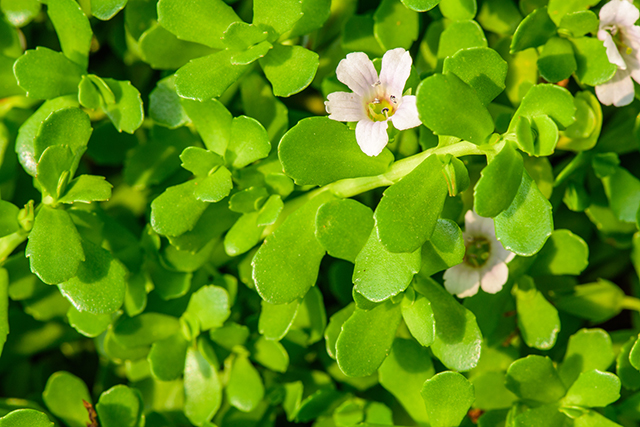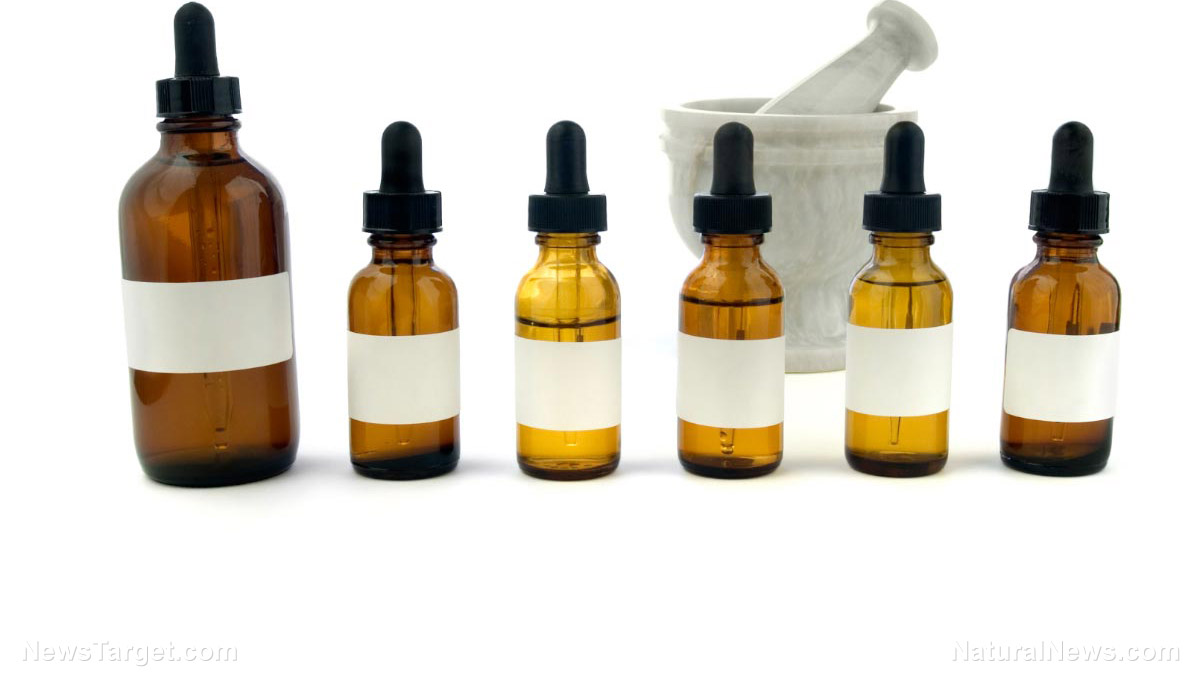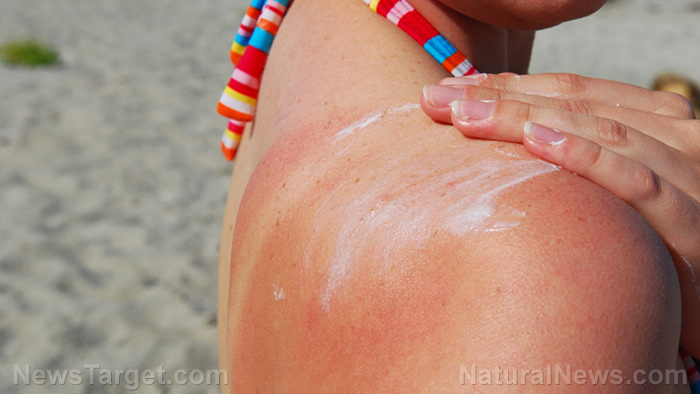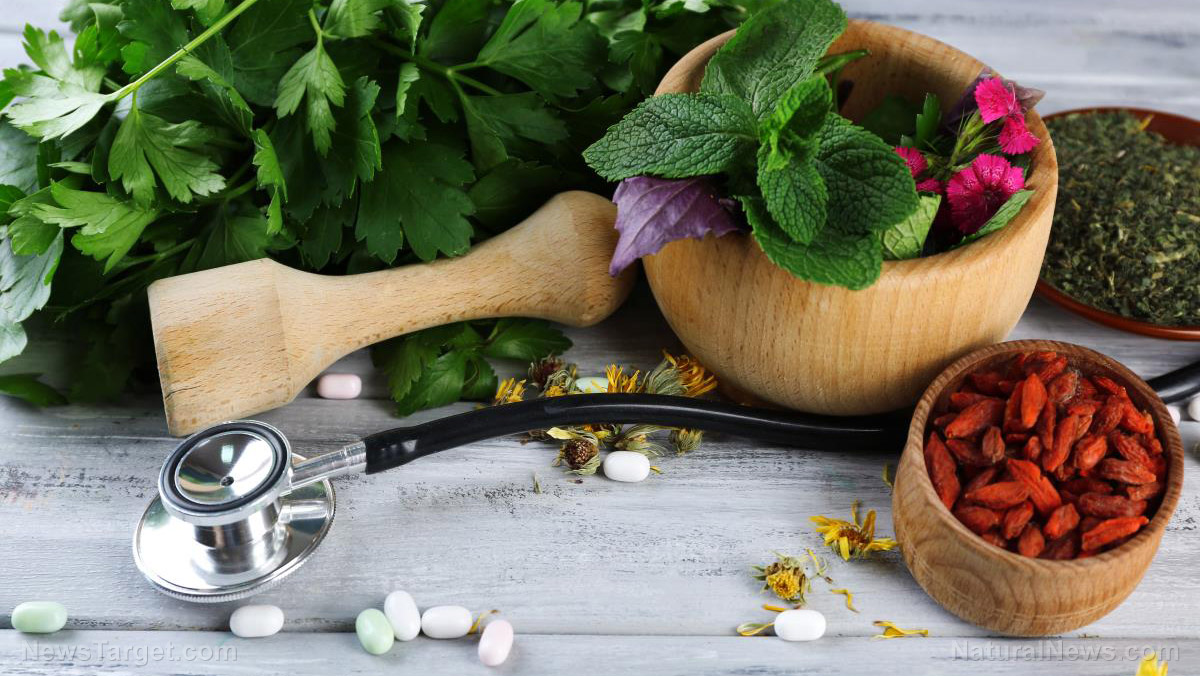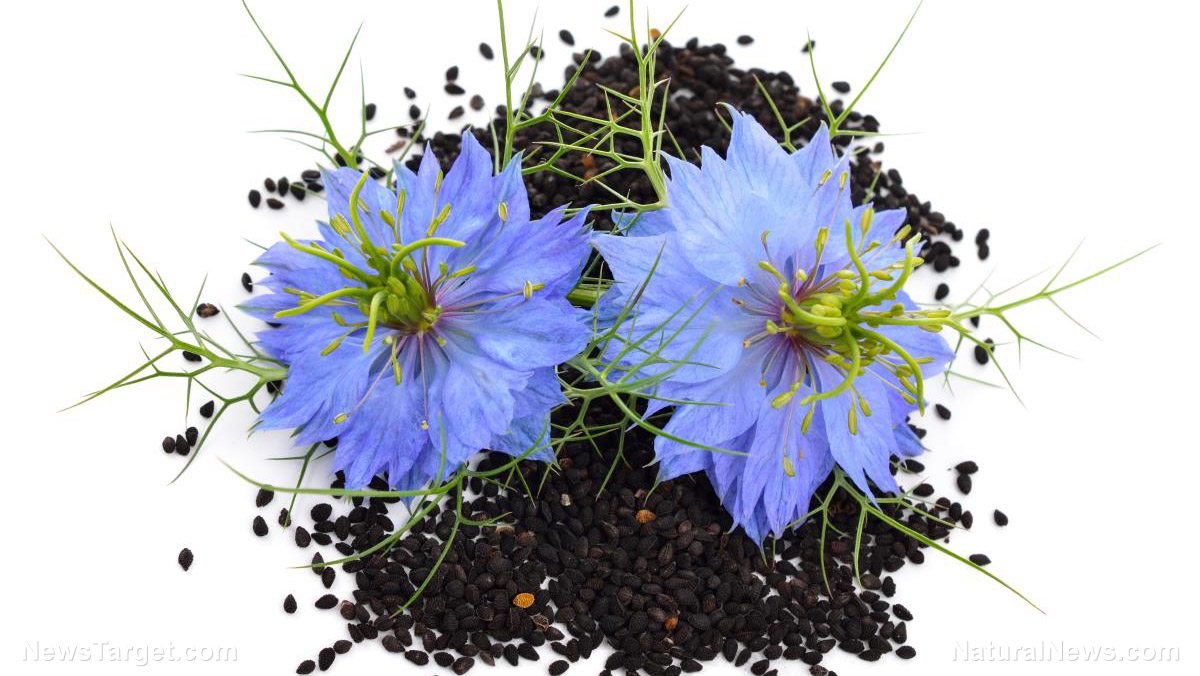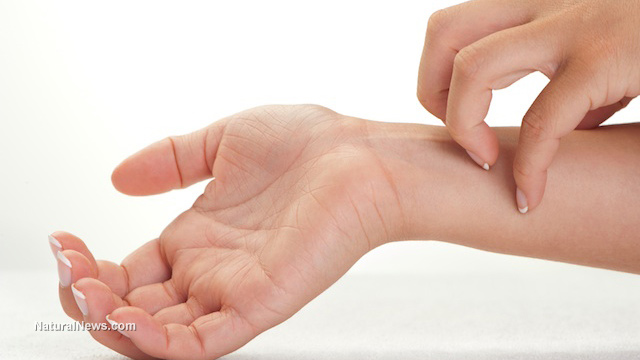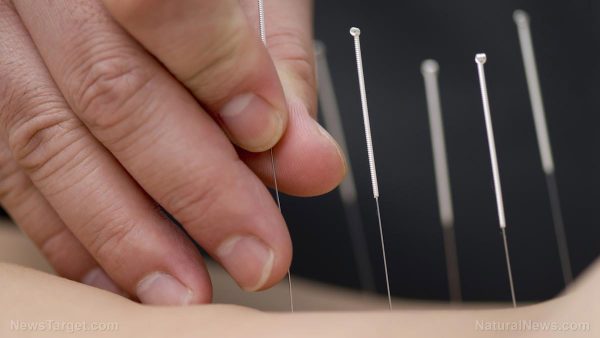The oyster has a reputation as an aphrodisiac, but the body of evidence that supports its efficacy is quite lacking. The same cannot be said for Tribulus terrestris though, as mounting proof, courtesy of studies from different countries, tout it effective against issues with libido, arousal, erections, and even infertility.
T. terrestris, commonly known as puncture vine, is a plant native to Asia, although it can grow anywhere with a temperate climate. It has several notable characteristics, such as hairy leaves, spiny fruits, attractive flowers, medicinal benefits – but what sparks the most interest about the herb is its potential as an aphrodisiac.
In Brazil, a team of researchers divided 36 postmenopausal women into two groups. One group received a placebo, while the other received 750 mg of Tribulus every day. Four months later, the Tribulus group reported a significant increase in desire, arousal, and lubrication, as well as a greater potential for orgasm. The placebo group reported no improvements.
These results were corroborated by three other studies – two in Brazil and one in Iran. The second Brazilian study involved 120 women who complained of having low libido. After taking 250 mg of Tribulus thrice a day, 88 percent (106) of the women reported experiencing considerable improvements.
The third Brazilian study involved 40 premenopausal participants with low sexual desire. A group of these women took placebos, while another group took Tribulus. As with the first research, the placebo group did not report any improvements, while the Tribulus group revealed having higher levels of desire and arousal, as well as better odds of achieving orgasm and satisfaction.
In Iran, 60 low-desire women were given either a placebo or 7.5 mg of Tribulus a day for one month. No improvements were mentioned among those in the former group, while the latter showed increased desire, lubrication, and satisfaction.
These studies prove that T. terrestris effectively increases sexual desire and libido among women regardless of age. Which menopausal stage they were in did not matter at all.
Another Brazilian study indicated benefits in women experiencing signs of sexual dysfunction, such as painful intercourse and decreased satisfaction. The study gave either a placebo or a 750 mg daily dose of Tribulus to 60 postmenopausal women. After four months, the latter group reported greater desire, increased lubrication, less pain during intercourse, and consequently, more sexual satisfaction. (Related: Sexual Dysfunction Study Reveals Poor Hormonal Health in Women and Men.)
Interestingly, not all tests involving men yielded favorable findings. A month-long study on puncture vine’s effects on erectile dysfunction (ED) had participants take 800 mg of Tribulus per day, but the researchers got no reports of any improvement.
Longer studies yielded positive results, indicating that time is likely a factor in seeing the plant’s full effect. A three-month study in Bulgaria, for example, recruited 180 men aged 18 to 65 years who suffered from mild to moderate ED. The subjects were given either a placebo or a 750 mg daily dose of Tribulus. The latter group reported increased desire, and improved erections and satisfaction.
Several studies that looked into puncture vine’s effects on infertility revealed that an everyday dose of 750 to 1,500 mg can enhance the motility and quality of sperm.
How does it work?
There have been several hypotheses pertaining to the mechanisms behind T. terrestris‘ effects. One notable example posited that the plant affected the circulation of testosterone and estrogen, the hormones that fuel desire. This was countered by several findings:
- Some subjects showed an increase in hormones, while others did not, but the effects of puncture vine remained.
- Taking testosterone supplements does not cure ED, but puncture vine does.
Because of these, scientists now believe that Tribulus improves the synthesis of nitric oxide. This compound has been shown to have a key role in sexual function. As it happens, nitric oxide is also vital to maintaining healthy blood vessels and normal blood pressure, which could point to puncture vine’s benefits to the cardiovascular system.
Learn more about other herbal medicines that improve sexual problems at Herbs.news.
Sources include:
PsychologyToday.com
NCBI.NLM.NIH.gov 1
NCBI.NLM.NIH.gov 2

